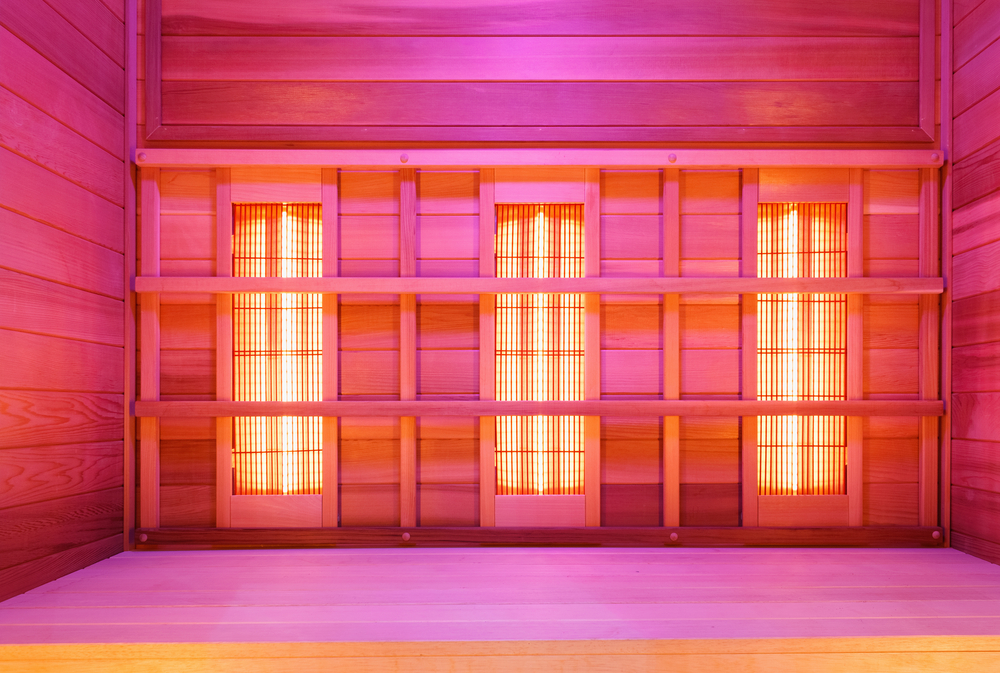Pigeons have lived in urban areas for centuries. In more recent history, however, their populations have exploded, and are not widely considered one of the biggest causers of pest issues across the UK.
How did this happen? And is the negative reputation that pigeons have developed in comparison to other bird species really justified?

What are pigeons?
The pigeon as we know it today, is descended from the rock dove, a species of bird that was domesticated centuries ago and used for sending messages, as a source of food, and as a hobby for bird enthusiasts.
There was a time when pigeons did not have their current reputation as disease spreaders and were instead regarded in high esteem for their intelligence and homing instincts.
Not all pigeons cause pest problems. In fact, the vast majority do not. Almost all ‘pest’ issues involving pigeons are caused by feral pigeons, thought to mainly be descendants of pigeons that have escaped from captivity.
What problems do pigeons pose?
Pigeons are not inherently bad. No pest species is inherently bad. But, they do pose significant health concerns when they gather in large numbers and are a threat that is definitely something to be taken seriously.
The major concern surrounding feral pigeons is that they spread all sorts of nasty diseases such as E Coli., Salmonella and more.
Their droppings are the main method of transmission for these germs to reach humans, and when a lot of pigeons gather in a single location, there is certainly a lot of droppings to go around.
These droppings are not only toxic because of the pathogens that they contain, but are also literally toxic in their composition, corroding metal, stone and other materials over time if allowed to lay on a surface.
Their movement on the roof or properties and in the rafters of warehouses can also be responsible for significant property damage so it is safe to say that a pigeon infestation is definitely something that needs to be taken seriously and dealt with in the most appropriate manner.
How to get rid of pigeons
If you are dealing with pigeon problems, get in touch with your local pest control Salford expert. Pigeons are one of the most common pests in the Manchester area and they will know exactly how to get rid of them.
Some of the ways that they may recommend this is done is through trapping, controlled shooting, or falconry.
Once pigeons have been removed, it is time to make sure that they don’t come back and you won’t be facing a similar issue a few months later.
Luckily, the number of bird deterrents on the market is huge, and it won’t take a pest professional long to identify one that suits your property.
Some of the best bird prevention methods include the installation of bird netting which can be customised based on the size of the target species, and bird spikes which are harmless but do stop pigeons landing nearby.






